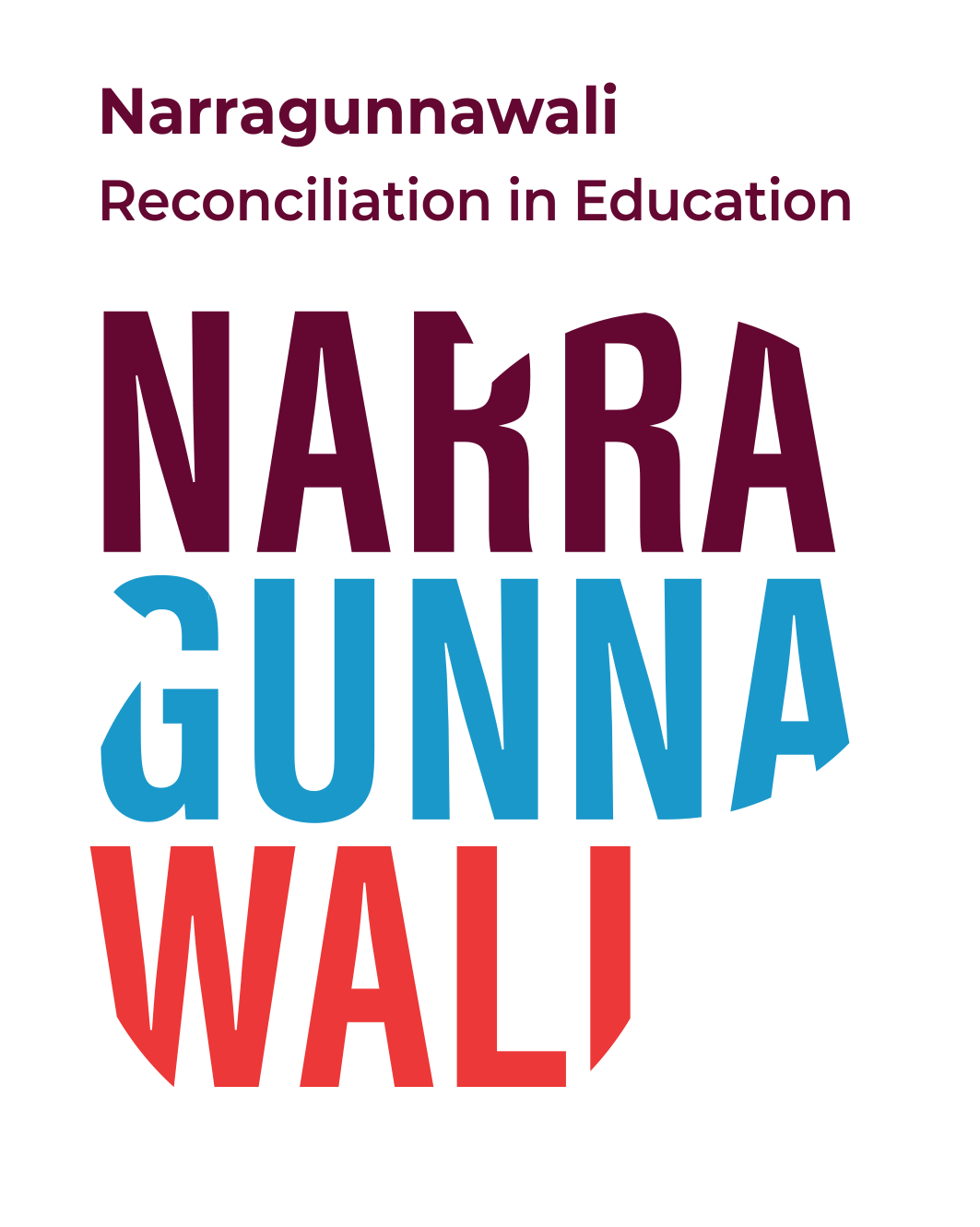Reconciliation in Media – Reflecting on 26 January
Every year, many Aboriginal and Torres Strait Islander people dread the approach of 26 January. Australia’s national day should be a source of unity, pride and celebration that reflects the identities, histories and cultures of all Australians. This is not the case for Australia Day on 26 January and as a nation we must have a serious and informed discussion about the meaning of our national day. Celebrating a national day on a day that is about dispossession of Aboriginal and Torres Strait Islander peoples and cultures makes it very hard to get to the idea of a reconciled nation. The day known is known now to many Australians as Invasion Day or Survival Day.
We must take the time to listen and learn, and to educate ourselves on the truthful, painful and courageous histories that are the fabric of Australia.
Frontier War Stories

Photograh: Frontier War Stories
Boe Spearim - Gamilaraay, Kooma and Muruwari man, a radio broadcaster and podcaster who lives in Brisbane.
His Frontier War Stories podcast series offers listeners a chance to not only acknowledge the pain of the past, but to celebrate Aboriginal and Torres Strait Islander resistance and strength.
Frontier War Stories is dedicated to truth-telling featuring Australian stories left out of the history books.
In each episode Boe speaks with different Aboriginal and non-Aboriginal people about research, books and oral histories that document the first 140 years of conflict and resistance.
Discussion Questions:
1. After listening to the Frontier War Stories podcast, what are some of the pieces of history you weren’t aware of before?
2. Why is it important to have records of these parts of history? Are you aware of any other Frontier War stories from your local area?
3. Why is it important to look at multiple perspectives of Australia’s histories?
4. In Lidia Thorpe’s opinion piece, Fly the Aboriginal flag at half mast on January 26, Lidia asks people to fly the Aboriginal flag at half mast in recognition of the loss and mourning felt by all Aboriginal and Torres Strait Island peoples on this day. What other ways can you acknowledge the past in respectful ways within your school or early learning service?
Forget change the date – it's time to change the entire conversation about Australia Day
Photograph: DYSON
CEO of Arrilla Indigenous Consulting and Reconciliation Australia’s inaugural Co-Chair, Shelley Reys AO, also writes about the importance of not only educating yourself in understanding our history but also the importance of having brave conversations with work colleagues, friends and family.
She urges us to take an unapologetic, brave stance on racism to propel us faster towards a reconciled nation. “Bravery in the face of racism will be our change agent. Now is the time to take a deeply personal journey and have those uncomfortable conversations. And we need to extend those conversations to those within our sphere of influence, both professionally and personally” – Shelley Reys.
Discussion Questions:
- What are some of the questions and steps Shelley mentions in her article that you could apply in your school or early learning service?
- In the article, Shelley states: “Ultimately, the measure of our success as individuals will be the extent to which we have empowered ourselves and our sphere of influence — with the knowledge and confidence to face our biases and to create change.” What do you think Shelley means here and why is it important to look at yourself as an individual, before taking action toward reconciliation?
Additional resources and pieces for you to consider in your classroom any time of the year
The conversations around truth-telling and historical acceptance that rise up around 26 January must be continued through the year. Heres a few examples of resources:of Amy McQuires children’s book, Day Break showcases the resilience and survival of First Nations families and follows one family's journey to Country on 26 January.
Steven Oliver’s poem from the documentary ‘Looky Looky here comes Cooky’ can be viewed on SBS OnDemand.
Also see the RAP Action Teach about Days of National Significance.





